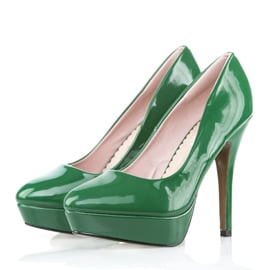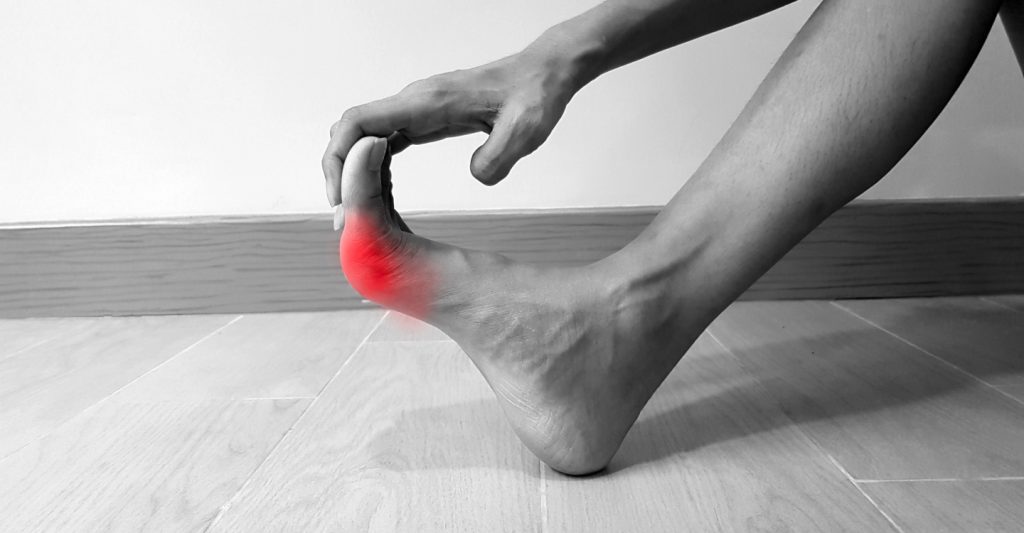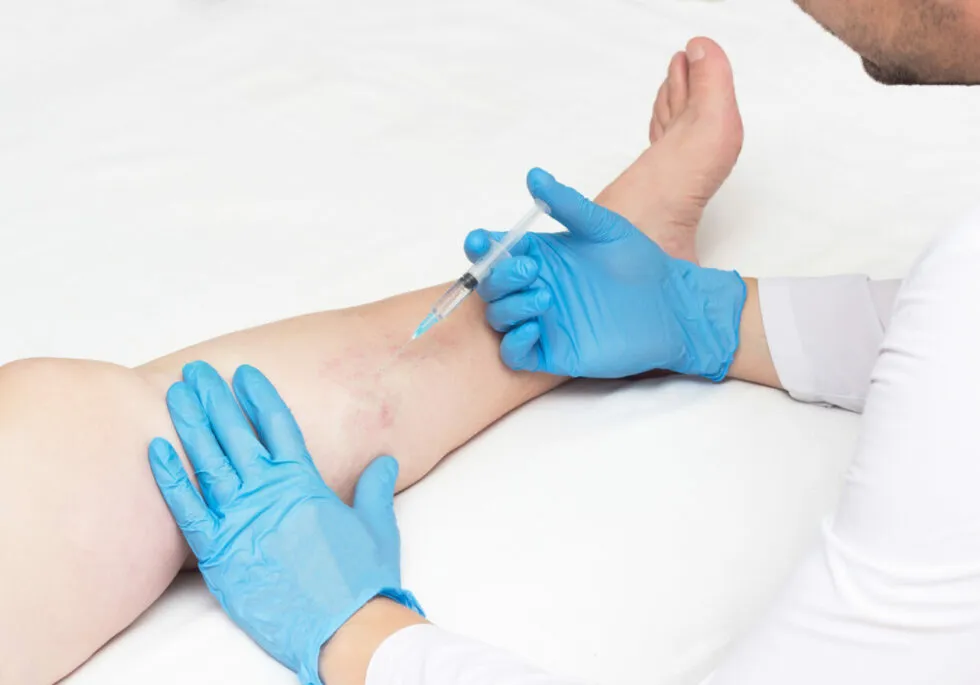High heels may look great at the moment but can lead to serious health risks in the future.

Have you ever wondered why women buy so many high-heeled shoes? They buy and buy and hoard them in their closets until countless boxes begin to turn into miniature mountain formations. We rarely have an honest answer as to how or why we acquired this borderline obsession either, especially when we know they can cause us numerous health issues and foot pain. Prolong use of high heels poses a health risk including the risk of developing chronic foot and ankle pain.
Obsession or not, women already are four times more likely to encounter foot-related health issues and high heels aren’t helping the situation. Wearing high heels as much as women do can increase the chances of developing physical problems such as arthritis, chronic knee pain, sprained ankles, and even back problems.
Wearing high heels can increase your risk of osteoarthritis.
High heels usually refer to shoes with heels greater than two inches. The height of the heel isn’t the only culprit for causing women physical problems, the width of the heel also is a contributing factor. High heels in general have the ability to increase pressure in knee joints, and the repetitive stress on the knee can lead to osteoarthritis.
As women prance around in their coveted prized pumps, they increase the amount of abnormal stress put on the front and the back of their knees. As stress increases on the knee from wearing high heels, the knee restricts the absorption of the fluid it needs to absorb nutrients for self-repair. This ultimately causes the knee to dry out and shred cartilage—ouch!
Wearing high heels can increase your risk of foot problems, too.
Although high heels may make your legs look longer and leaner for the time being, wearing them on a regular basis could lead to foot deformities. Your feet are designed to aid you in balance and provide you with strength for traveling across different types of terrain, but when you offset balance with a high heel you could be causing yourself more trouble than making calves look good is worth.
Consistently strutting in high heels can increase your chances of developing Morton’s neuroma, a painful condition affecting the area between your third and fourth toes that may cause you to feel as if you are standing on a tiny rock that you’ll never get out of your shoe. In most cases, this neuroma causes sharp, burning pain in the ball of the foot and a tingling sensation in your toes. Fortunately, Morton’s neuroma can be treated with cortisone injections, orthotics, or surgery for more severe cases.
Some women believe wearing high heels makes their calves and legs look more toned and therefore easier on the eyes. Be warned though! Wearing high heels can cause your calf muscles and Achilles tendons to become permanently disfigured or shortened, even causing unnecessary leg pain and health risk. Shin splints are also a common side-effect of donning the latest in heel-wear which occurs when anterior tibial muscles tear away from your bone causing shooting pains in the leg when you walk.
Did you know high heels can potentially cause blood clots when worn for a long period of time?
That’s right, if you are someone who wears high heels on a regular basis and stands for long periods of time, you should know that your risk of developing deep vein thrombosis is increased. Deep vein thrombosis occurs when blood clots form in deep veins in your legs.
It’s hard to deny a woman the luxury of wearing glamorous heels all of the time, but it’s important that high heels at least aren’t worn all day long. Knowing the health risk of wearing high heels for extended periods of time may help you make a conscious effort to opt for more supportive shoes when you know you will be on your feet for an extended period of time.




